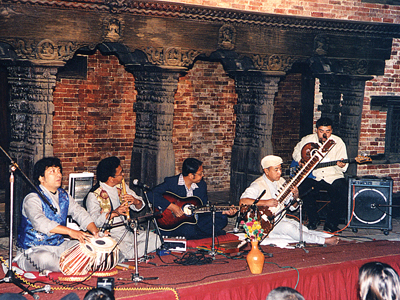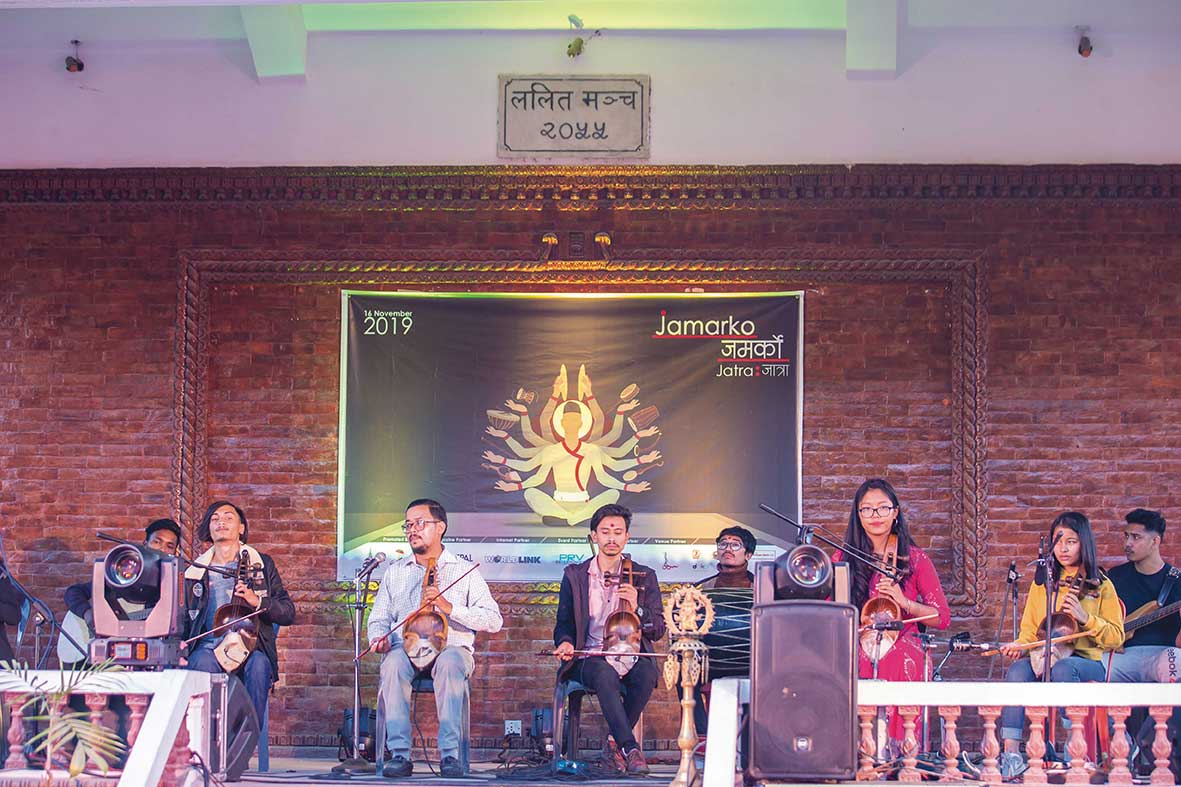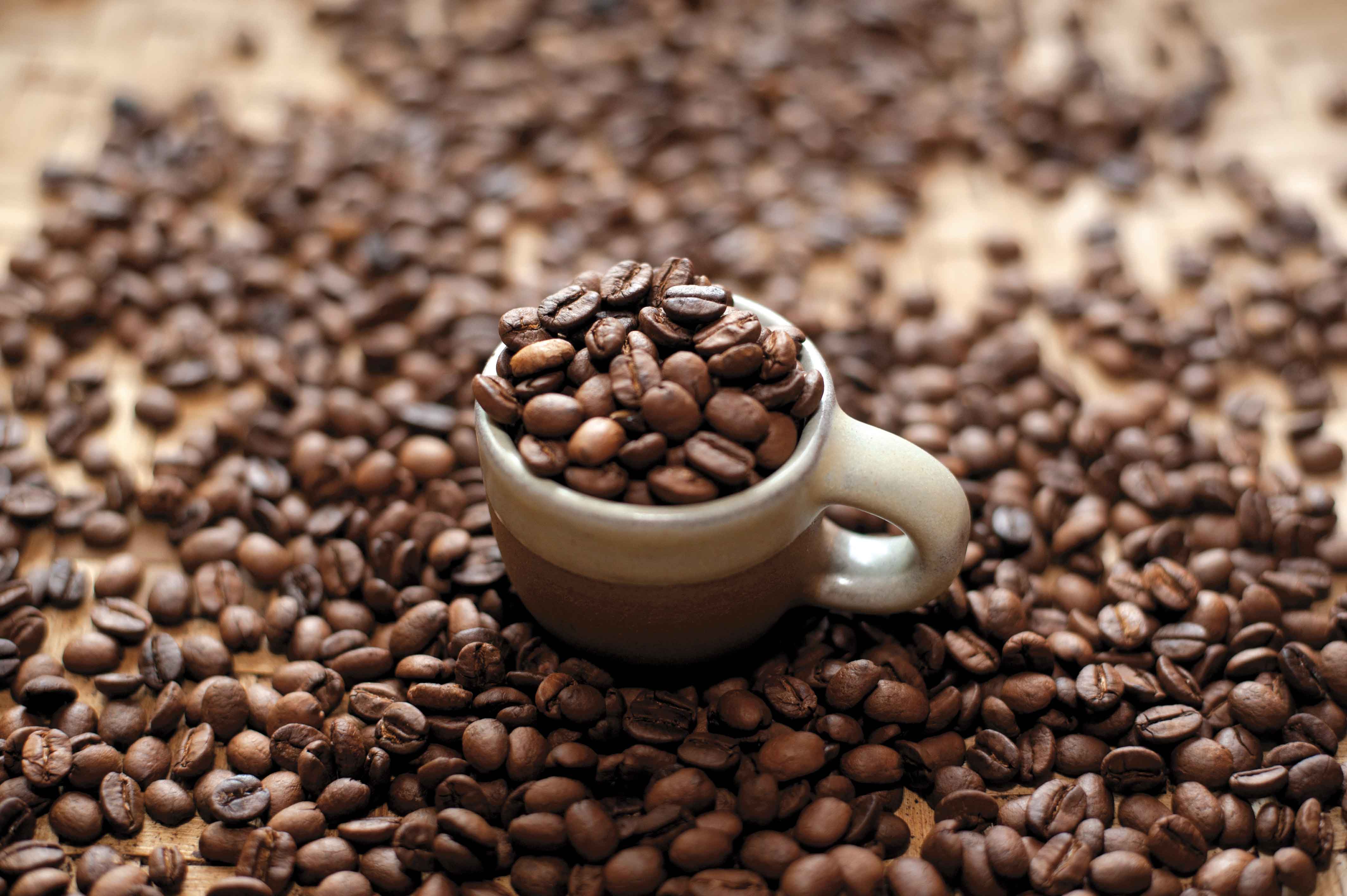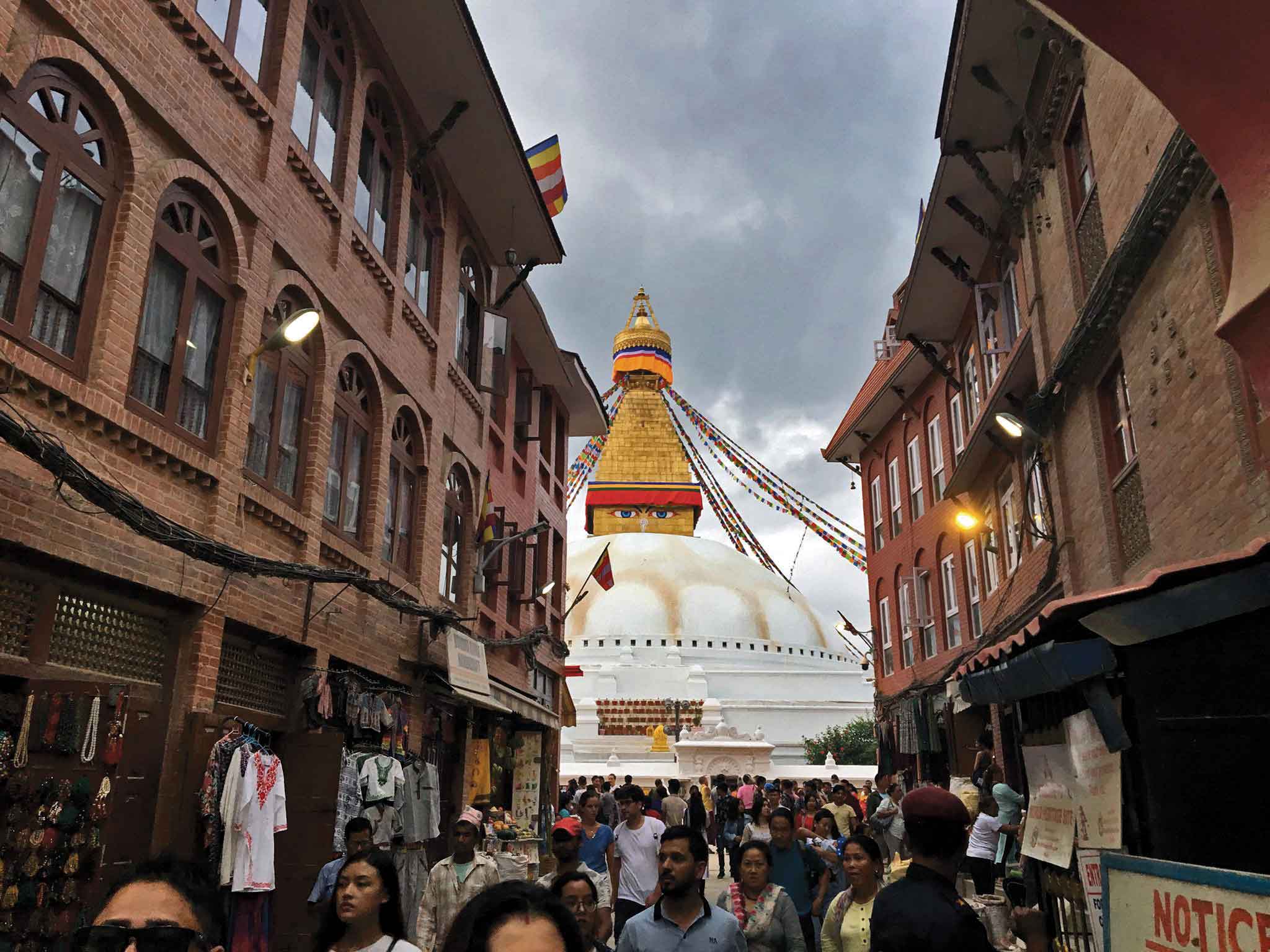Listening to live performances of music in Kathmandu is usually limited to the bands in Thamel, and the few that perform at some of the five star hotels in town. This is with the exception of occasional events like the recent Jazz festival and other events organized sporadically by local organizers. It’s also a fact that most of these events usually feature western music and those that do feature Nepali, as well as other varieties of eastern music, are quite rare, and do not get the kind of attention that they may deserve.
 The problem was not so much about there not being talent and variety within the city in terms of Nepali and eastern music, but more of the fact that such music and musicians did not have a platform through which to display their talents. A way to remove this problem was to provide a regular platform through which local talent could be encouraged and given exposure, and this is what ‘Shukrabar’ is all about.
The problem was not so much about there not being talent and variety within the city in terms of Nepali and eastern music, but more of the fact that such music and musicians did not have a platform through which to display their talents. A way to remove this problem was to provide a regular platform through which local talent could be encouraged and given exposure, and this is what ‘Shukrabar’ is all about.
Shukrabar is the Nepali word for Friday, and is also the name given to this event by its promoters. Shukrabar take place every Friday mid month (thus the name), and in its chosen venue the Patan Museum Café courtyard, musicians’ play to a small but usually rapt audience, music from this part of the world. The organizers however have not limited themselves to strictly eastern music. A part of their goal is to broaden the music experience of their patrons, and so on most occasions they try to bring in a performer or performances of what is commonly termed ‘world music’ – or music from different parts of the world. In the words of the organizers, “Shukrabar is an event with a touch of Western Music blended with ethnic and classical Eastern Music”.
This musical event is the combined effort of three companies namely, Streamline Incorporated, Little Media Pvt. Ltd and East Meets West Music Box, Thamel. The people involved in its conception and actual operation come from these three companies and though they have professional lives that vary from being office administrators to restaurant owners, quite a few of them are themselves musicians – and they all would like to encourage local music. What brought them together was the desire to promote local talent and Nepali music, and they decided to do this by providing a visible, regular, and well managed musical event for discerning listeners - those wishing to cultivate an interest in local music, as well as those just interested in getting a flavor of local and traditional music.
Shukrabar has held four musical events so far at the Patan Museum Café. The first was on December 13th 2002 and saw young Nepali maestros Shyam Saran Nepali on the sarangi, Babu Raja Maharjan on the tabala, Gopal Rasaili on the Guitar and Raman Maharjan on the Flute. Steve Landsberg was the main guest artist of the evening and this international performer played his sitar for the audience there. Subsequent Shukrabar evenings on 17th January, 21st February and 21st March 2003 also saw performances from Sur Sudha, performing live for the first time here. Later performances had Dr. Gert-Matthias Wegner from Germany, one of the most prominent and widely acknowledged piano and tabala players around town, performing at Shukrabar. The last event at the time of this article going to print was held on March 21st 2003, and was ‘Prastar’, a Nepalese ensemble of classical and traditional music performed to a full house of appreciative listeners.
As far as Nepali culture goes, it is extremely rich in terms of a musical heritage and the variety and depth it music here has achieved in the past. What is also true is that with the ‘modernization’ of Nepali society, the trend has been to neglect local music in exchange for the more popular ‘pop’ kind of music that one cannot help but hear all over town. With this trend, it is quite possible that in time, traditional Nepali music might fade and eventually be lost to us. In this respect, Shukrabar is a rallying point for people that hope to support music from Nepal, and perhaps even encourage its growth.
The organizers of Shukrabar have also been recording and compiling the music that is performed at these events and currently, they also sell CD’s of these recordings. Though Shukrabar is not yet a money making event for them, they hope in time it will become self sustaining at least and this will allow them to promote the event on a larger scale and perhaps even take it to a more visible place that will encourage more local musicians to perform.
Meanwhile, on the last Fridays of the month, folks wishing to listen to good music in a great location, where the evening is about music and music alone, will appreciate what Shukrabar has brought to us. The sounds of Nepal.
Enquiries on Shukrabar can be addressed to info@streamline.com.np











